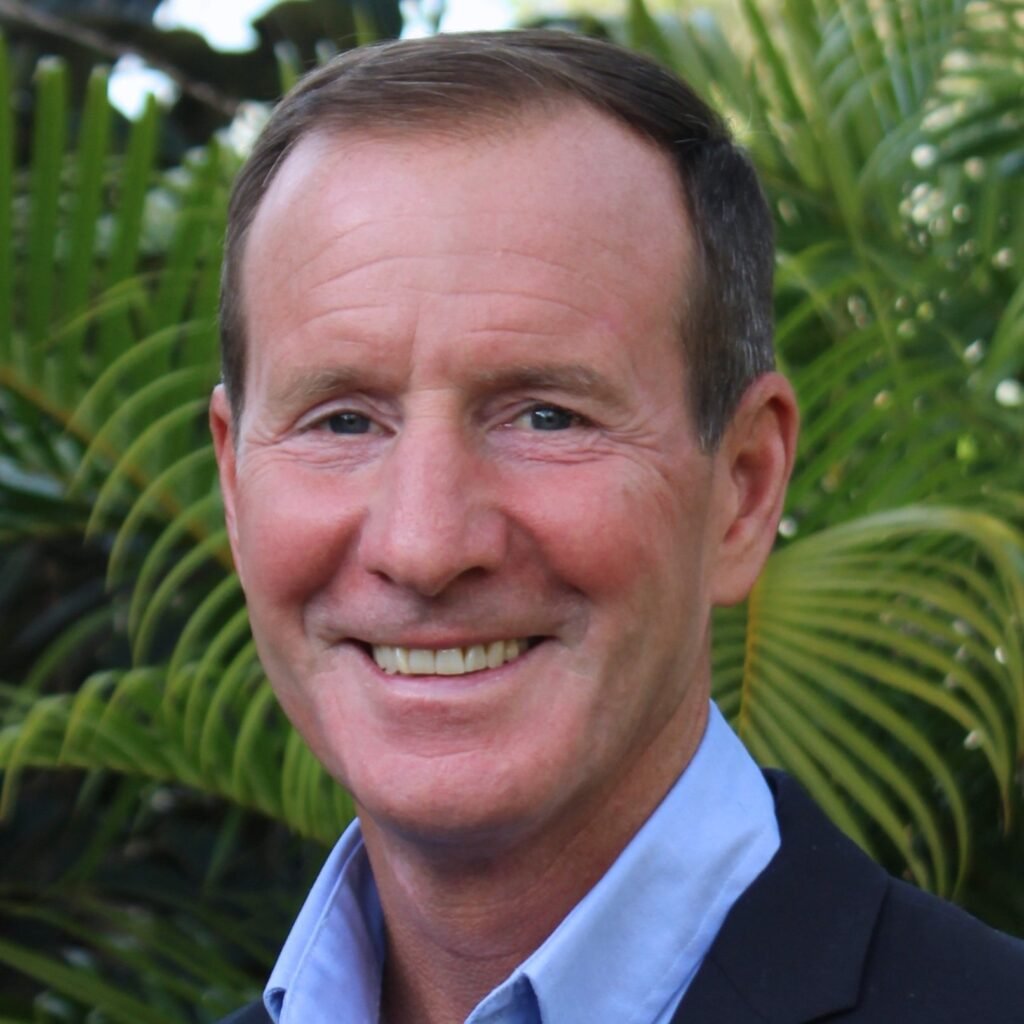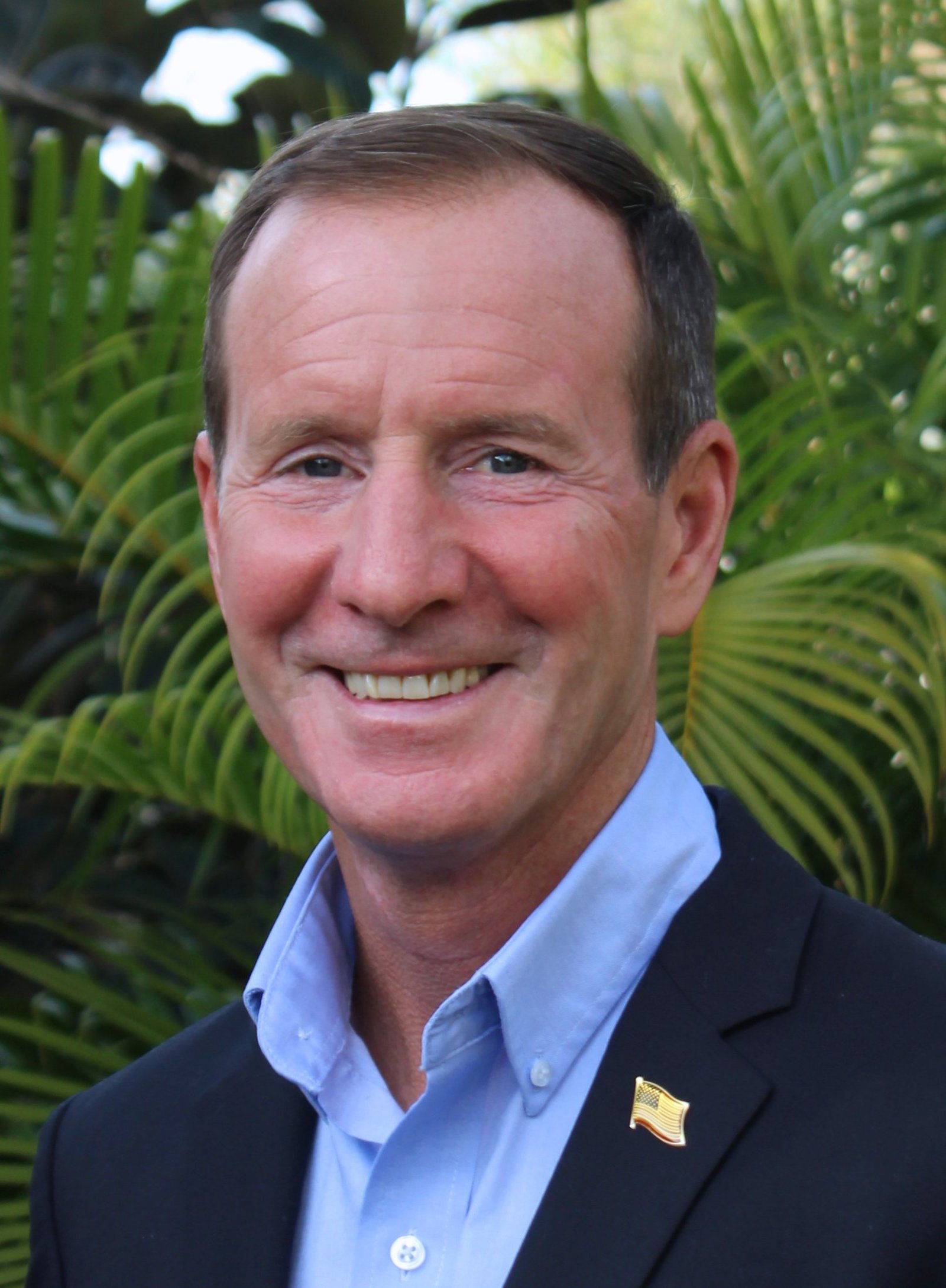Several years ago, I interviewed Lieutenant General Joseph DiSalvo (U.S. Army, Retired) in an interview originally published in Thrive Global. Here is an excerpt from our conversation:
Adam: Thanks again for taking the time to share your thoughts on leadership. First things first, though, I am sure readers would love to learn more about you.
Joe: I recently transitioned from the U.S. Army after 37 years of service as a Lieutenant General officer. I’ve had the honor and privilege of leading and working with the best men and women our country has to offer, both in peacetime and combat. I served more than 14 years overseas and am very familiar with Europe, the Mid-East, and Latin America.
Adam: What are your hobbies and how have they shaped you?
Joe: I’m lucky enough to still be an avid runner. I’m convinced physical fitness builds resiliency, keeps your mind sharp, and keeps you young. I also love reading military history, and as mentioned earlier, it helps to influence my thoughts on leadership. Although it’s not a hobby, spiritual fitness and having a wonderful family has been crucial in keeping me grounded and motivated.
Adam: What is something about you that would surprise people?
Joe: I think I’m the only Army veteran who never drank coffee — not one cup. I just never had an urge to try it. And believe me, everyone I’ve met around the country and world thinks I’m weird because of this.
Adam: How did you get here? What experiences have been most instrumental to your growth as a leader?
Joe: Rising to a 3-star rank involved hard work, proven competency, and a lot of luck. There will always be more than enough qualified individuals to be nominated for a 3-star flag officer. The key is how well-known are you, your reputation, and who advocates for you.
Deployments, both peacekeeping and combat, impacted my leadership development and growth. As a commander, it was my responsibility to ensure that my unit was properly trained for its mission and could perform competently under stress and adversity. I was also responsible to my soldiers’ families, ensuring I had trained their loved ones to be successful on the battlefield. It really hit home when, as I was leaving for the airfield a Soldier’s wife told me she trusted me to bring back her husband safely from a tour in Iraq.
I have always fought to get the most challenging jobs because that’s where you get the most experience in performing under pressure while maintaining composure. That forced me to develop my leadership. As I rose in rank I also had to focus on delegating responsibility and stay away from micromanaging my teams. Delegation established trust and provided priceless professional development for those who served under me.
Adam: What failures, setbacks, or challenges have been most impactful to developing your leadership skills?
Joe: Everyone experiences some degree of failure throughout a career, and I’ve had my share. The key is to minimize the failure’s impact, to “stop the bleeding,” identify what caused the failure, identify the fix, and lastly, don’t repeat the same mistake. Resiliency is a huge part of leadership — knowing how to drive on despite bad times. One of those times happened at West Point, when just an hour before field training with cadets I received a phone call notifying me I was not selected for promotion. I was devastated but had to suck it up and a) be thankful I had made it that far to begin with; and b) remind myself that my purpose was to motivate these soon-to-be officers to be the best they could be. That interaction with the cadets was thoroughly enjoyable and energizing, and I got past the disappointment thing very quickly.
Adam: Who are the greatest leaders you have been around, why do you admire them, and what did you learn from them?
Joe: I’ve been blessed with many, so the top three:
1.) My Dad. He instilled in me that all you must do is do your best, and everything else will fall into place.
2.) General Eric Shinseki, former Chief of Staff of the Army. I was privileged to be his aide, and he always told me that the harder you train, the less luck you need. He also said in general, no one messes up intentionally. Don’t cut the person’s head off when you can retrain them and set them on the right course.
3.) General John Kelly, USMC, former Commander, US Southern Command. I served under Gen Kelly for four years as his Chief of Staff and Deputy Commander. He truly is a soldier’s soldier type leader– low maintenance, loved being with personnel, and strategically brilliant while defining humility.
Adam: What are three key leadership lessons from your time in the service that are applicable to a broad audience of leaders?
Joe: One, you must be genuine (gets back to the earlier reference: be yourself). Being genuine also includes embracing a servant leader attitude, where everyone knows you put their welfare above your own.
Two, the higher the rank, the more critical it is to delegate responsibility and the necessary authority so subordinates can execute the tasks you have delegated. Senior leaders must identify that sweet spot of intervening when appropriate and not micromanaging.
Three, senior leaders should never have a bad day (a great saying by GEN Martin Dempsey, former Chairman of the Joint Chiefs of Staff). Teams take on the personality of their boss, and if the boss is moping around or complaining, so will the team. I’m not implying leaders should be Pollyannaish. They should be composed, optimistic, and steady under pressure.
Adam: In your experience, what are the defining qualities of an effective leader?
Joe: I’ve been blessed with many mentors whose defining qualities I found depended on their personalities. So number one in leadership is always be yourself; don’t be someone you’re not. Number two, set the example in values and always maintain the moral high ground. Number three, be thick-skinned. Be able to accept criticism and know when adjustments are needed. Most importantly, genuinely enjoy where you’re at, and don’t take your position for granted.
Adam: How can leaders and aspiring leaders take their leadership skills to the next level?
Joe: Understand that leader development is an ongoing process. Aspiring leaders should be observant and always have their radar on good and bad practices. Aspiring leaders should look two levels above their current positions and see how their senior leaders operate and gain an appreciation of that higher-level perspective. When their time comes, they will have some point of reference to execute effective leadership at those higher levels. History reading is a must for leader development.
Adam: What is your best advice on building, managing, and leading teams?
Joe: The environment must be fun; cannot be toxic (where everyone accomplishes their tasks in order to avoid the wrath of the boss). Toxic environments eventually implode into a risk-averse, low morale, and backstabbing mess. A leader must shape a positive environment so the team can thrive and enjoy successfully meeting tough challenges and achieving high standards.
Adam: What do you believe are the three most important issues facing the country and the world? Are you optimistic about our ability to address them?
Joe: 1.) Political gridlock, with all parties placing their interests above those of our nation. We’ve managed to get through this before as history shows, but it is very frustrating. We must relearn how to rectify this. I wish I could be more optimistic.
2.) A possible apathetic attitude towards service to our country. While all of us in uniform appreciate the “thank you for your service” greetings, and the tremendous positive treatment of veterans, it is not enough. Our nation needs to get beyond thanking others for serving our country and get more people to do for what a very small percentage of our population is serving. It’s very sobering that less than 30% of our young adults are eligible to enlist into the Army (70% don’t meet physical fitness requirements, criminal records, educational issues, etc.). We must increase the percentage of young adults eligible to join our military. This will require establishing effective programs that inspire our youth to want to serve our country and get fit.
3.) China domination. China has a well-developed strategy, the Belt and Road Initiative, and the strategic patience (out to 2050) to stay the course and execute a plan that calls for China to be THE world power. We must get past political gridlock and focus on executing our own national strategy or we risk winding up in second place.
Adam: What is the biggest misconception people have about the military, the Army, and military leaders?
Joe: I think the biggest misconception is the general public does not fully not appreciate the sacrifices and contributions of the service member’s family. These spouses and children are under enormous strain as their loved one is deployed, yet they maintain incredible grace. Their support is crucial for mission success. I have always said the spouses and children are truly unsung heroes. While the American public is supportive of our Armed Forces, I’m very concerned about the low percentage of families that have members serving. For the past several years the same generations of veteran families seem to be serving while a vast majority of non-veteran family generations are not. The result is only 5 percent of the population has familiarity with the military. As far as military leaders, I believe there remains the image of all general officers being cigar-chomping, pearl-handled pistol pistol-carrying Patton types that bark out orders and everyone complies. Nothing is further from the truth.
Adam: How can anyone pay it forward?
Joe: Not to sound like a broken record but find a way to serve our country — Peace Corps, firefighter, law enforcement, military, youth group, community volunteer — any form of public service.
Adam: What is the single best piece of advice you have ever received?
Joe: Always do the harder right versus the easier wrong.
Adam Mendler is an entrepreneur, writer, speaker, educator, and nationally recognized authority on leadership. Adam is the creator and host of the business and leadership podcast Thirty Minute Mentors, where he goes one-on-one with America’s most successful people – Fortune 500 CEOs, founders of household name companies, Hall of Fame and Olympic gold medal-winning athletes, political and military leaders – for intimate half-hour conversations each week. A top leadership speaker, Adam draws upon his insights building and leading businesses and interviewing hundreds of America’s top leaders as a top keynote speaker to businesses, universities, and non-profit organizations. Adam has written extensively on leadership and related topics, having authored over 70 articles published in major media outlets including Forbes, Inc. and HuffPost, and has conducted more than 500 one on one interviews with America’s top leaders through his collective media projects. Adam teaches graduate-level courses on leadership at UCLA and is an advisor to numerous companies and leaders. A Los Angeles native, Adam is a lifelong Angels fan and an avid backgammon player.
Follow Adam on Instagram and Twitter at @adammendler and on LinkedIn and listen and subscribe to Thirty Minute Mentors on your favorite podcasting app.









